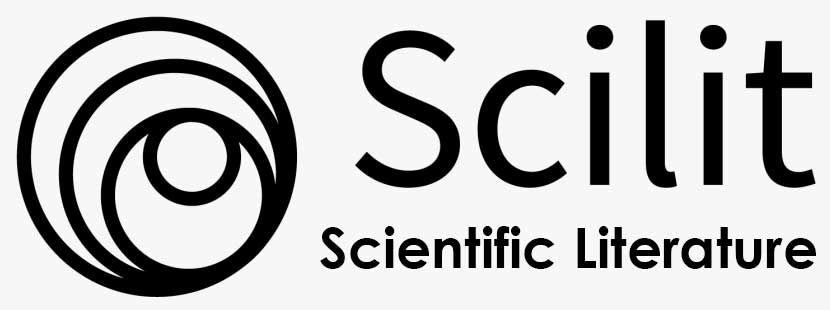Implementation of Tourism Sector Development Policy through Demarketing in Improving SME in Banyuwangi
DOI:
https://doi.org/10.21776/ub.ijleg.2017.003.01.1Keywords:
Demarketing, SME Development, Tourism Development, Anti ConsumptionAbstract
The successful development of the tourism industry creates direct and indirect economic impact, as well as spillover, that drives the SMEs and the economy. In 2011, tourism became the fifth largest contributor of foreign exchange, consequently increasing the tourism sector is also expected to grow the SME sector. Stakeholders involved include the government as a regulator policy, community, and SMEs to support the tourism sector. This study aims to determine the implementation of tourism policy in Banyuwangi and the impact of these policies on the SME sector. This study used a qualitative approach; data collection is by interview, documentation, and literature. The results show that the cornerstone of the planning and implementation of tourism programs in Banyuwangi covers the tourism industry, tourism destinations, and tourism institutions; tourism and marketing have been executed better. The implementation of the demarketing strategy brings positive impact on the preservation of nature, so the concept of responsible and sustainable tourism can be realized. In addition, based on the data of SMEs rural areas, tourist sites show positive trend from year to year. The demarketing strategy is successful in supporting the potential of SMEs to thrive in Banyuwangi.
Keywords: Implementation of Demarketing, SME Development, Tourism DevelopmentÂ
References
Chhabra, Deepak. 2009. Proposing a sustainable marketing framework for heritage tourism. Journal of Sustainable Tourism, Vol. 17, No.3, pp. 303-320.
Cullwick, D. 1975. Positioning demarketing strategy. Journal of Marketing, Vol. 39, No. 2, pp. 51 - 57.
Golden, L. L. and Suder, A. J. 1994. Disease demarketing: The college AIDS challenge. Health Marketing Quarterly, Vol. 11, No. 3-4, pp. 105 - 123.
Groff, C. 1998. Demarketing in park and recreation management. Managing Leisure, Vol. 3, No.3, pp. 128 - 135.
Kern Christine Luise. 2006. “Demarketing as a tool for managing visitor demand innational parks – An Australian case studyâ€. Thesis of the University of Canberra
Kotler, P. and Armstrong, G. 2001. Principles of marketing. Upper Saddle River: Prentice Hall.
Kotler, P. and Levy, S. J. 1971. Demarketing? Yes, demarketing! Harvard Business Review, Vol. 49, No. 6, pp. 74 - 80. In Levy, S. J. (Ed.). Brands, consumers, symbols & research. London: Sage Publications, pp. 75 - 83.
Marjuka, Y. 2008. Perspektif Pengelolaan Industri Pariwisata Berbasis CSR. Seminar Manajemen Industri Pariwisata Berbasis CSR. Seminar on Sustainable Tourism. Universitas Sahid
Moore, S. R. 2005. The sociological impact of attitudes toward smoking: Secondary effects of the demarketing of smoking. The Journal of Social Psychology, Vol. 145, No. 6, pp. 703 - 718.
Tony, et al., Kelembagaan dan Kebijakan Dalam Pengembangan Agroforestri, Center: 2003
Zauziah, Nurul. 2005. Metodologi Penelitian Sosial dan Pendidikan. Jakarta: PT. Bumi Aksara
______, Salinan Peraturan Daerah Kabupaten Banyuwangi Nomor 13 Tahun 2012 Tentang Rencana Induk Pembangunan Kepariwisataan Kabupaten Banyuwangi
______, Undang-Undang Republik Indonesia Nomor 20 Tahun 2008 “Tentang Usaha Mikro, Kecil, Dan Menengah, (2008)â€, Sekretariat Negara Republik Indonesia, Jakarta.
http://organisasi.org/pengertian_definisi_dan_arti_organisasi_organisasi_formal_dan_informal_belajar_online_lewat_internet_ilmu_manajemen, retrieved on December 17, at 13.10
http://news.detik.com/berita-jawa-timur/2845766/pantai-pulau-merah-banyuwangi-kembali-kotor, retrieved on December 17, at 13.40



















